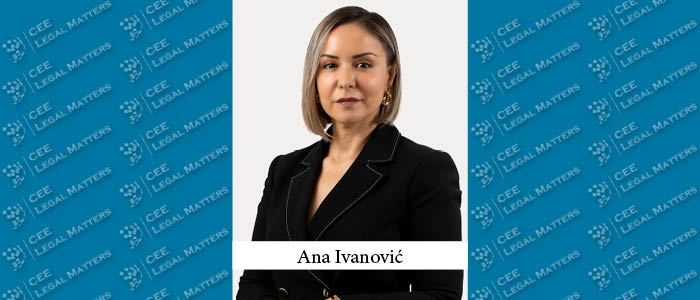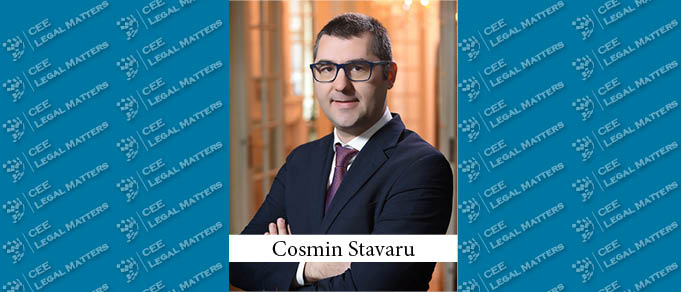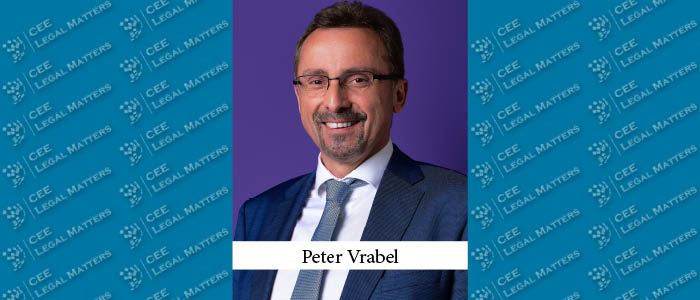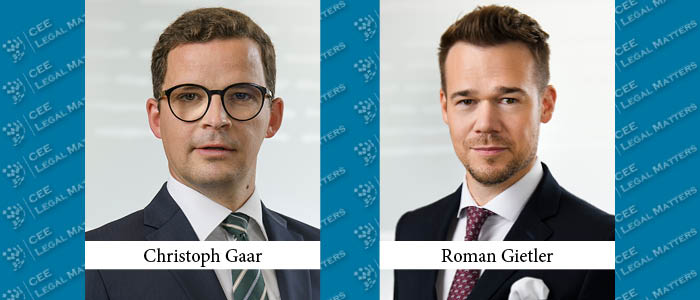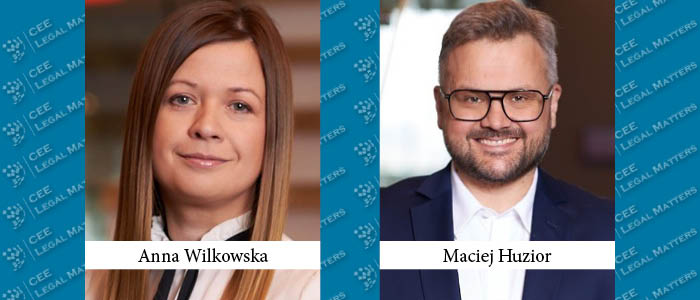Food chain supervision fee: first instalment to be paid until July 31
On 4 July 2016, the European Commission established that an earlier version of the food chain inspection fee regime in Hungary is in contrary to the EU State aid rules. The Hungarian food chain inspection fee was introduced in order to finance the activity of the food chain inspection agency in Hungary (in Hungarian: “NÉBIH”). Until 2014 all food chain operators had to pay a flat rate (0.1% of annual turnover). Then a progressive rate structure entered into force on 1 January 2015, which prescribed rates ranging from 0% for stores with small turnover (up to HUF 50 billion) to 6% for stores with high turnover (above HUF 300 billion). In the decision of the European Commission, now is stated that the progressive tax rates grant a selective advantage to companies with low turnover over their competitors, which are not in compliance with the EU State aid rules.
In parallel, the Hungarian Parliament abolished the progressive rate structure and as such, an amendment to the Food Chain Act entered into force on 27 December 2015, which re-introduced the 0.1% flat rate for all food chain operators. As a result, the Commission’s decision does not affect the current supervision fee system, therefore, food chain operators are obliged to pay the first instalment of the fee until 31 July 2016, while the second instalment shall be paid until 31 January 2017. In case of late payment or non-payment, NÉBIH imposes a default penalty ranging from HUF 10,000 to HUF 500 million but to a maximum of 10% of the net turnover from the previous financial year on which the supervision fee is based.
New changes in corporate income tax
As of 16 July 2016, the definition of the royalty in the Hungarian Corporate Income Tax and Dividend Tax Act has been significantly restricted, in line with the criteria of the OECD Base Erosion & Profit Shifting Project. The purpose of the new regulation is that the capital gain realized as royalty in connection with an intangible asset shall allow the taxpayer to apply an incentive only in the proportion of the actual participation of the taxpayer in the creation of such intangible asset.
It is important to note that as a result of this change, as of 16 July 2016, the licence to use trademarks, trade names and business secrets, as well as the licence to use author’s work protected by the Copyright Act and the performance protected by rights relating to copyright will not qualify as royalty for the purposes of corporate income tax. These amendments are unfavourable for example for architects, since the licence fee for the use of the architect plans is excluded from the scope of royalties.
By Gabriella Galik, Partner, KCG Partners Law Firm






















